Showing 1-15 of 18 results

Health Lab
Researchers recently revealed a new mechanism behind antiphospholipid syndrome that the investigators hope will eventually allow treatments to be targeted closer to the source of the problem.

Health Lab
Sudden cardiac arrest in young athletes: 5 things parents should know
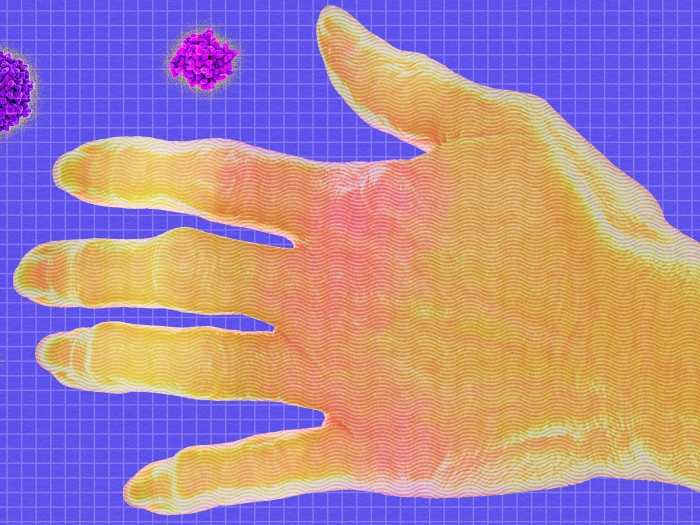
Health Lab
New study has identified an enzyme contributing to systemic sclerosis.

Health Lab
Researchers at Michigan Medicine developed an AI-driven algorithm that accurately predicts death and complications after PCI — which could emerge as a tool for clinicians as they determine treatment for blocked heart arteries.

Health Lab
Kyle and Kaylee Berner are enjoying making memories with their baby, Bennett, outside hospital walls. Courtesy of the Berners
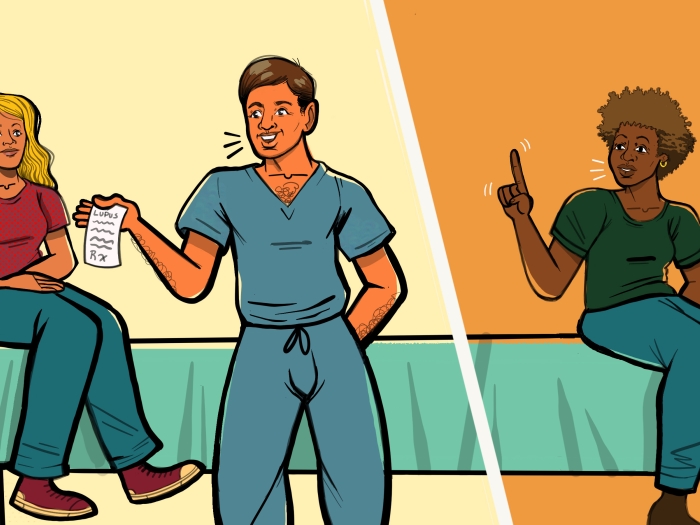
Health Lab
When it comes to lupus care, Black adults are normally left behind despite being one of the highest lupus populations.
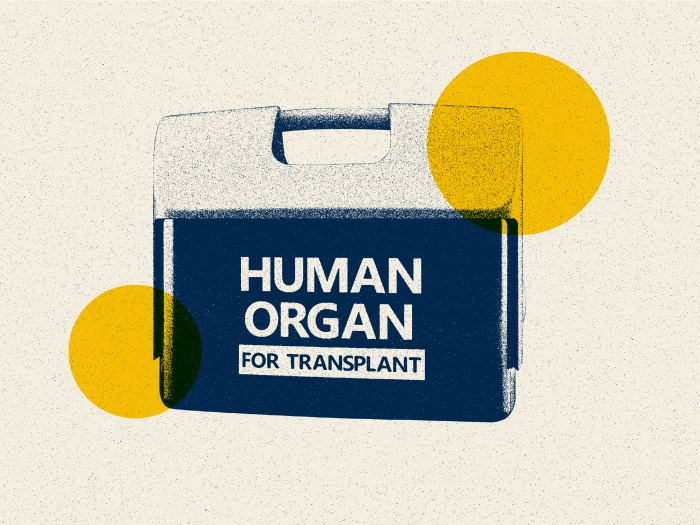
Health Lab
Patients who experience this condition following the Fontan continue to have a high risk of death from the time they’re waitlisted for a new heart through receiving the transplant, according to a 20-center study led by Michigan Medicine. And one specific complication called cyanosis – or experiencing less than normal oxygen blood levels – was associated with worsened survival.
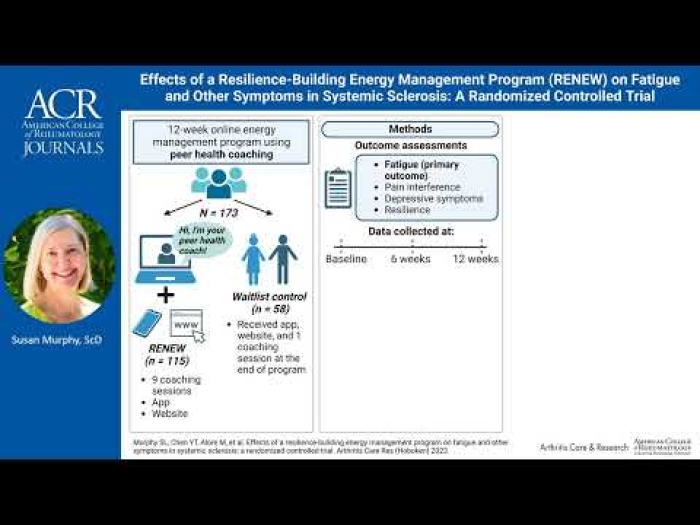
Health Lab
Research published in the Arthritis Care and Research Journal from Michigan Medicine found that scleroderma patients made significant strides when working with trained peer health coaches in adhering to wellness routines, leading to resilience and improvements in fatigue, pain and depressive symptoms.

Health Lab
Michigan Medicine researchers are examining whether ginger supplements could help treat symptoms in autoimmune diseases

Health Lab
The vast majority of people who have a minimally invasive heart valve replacement procedure do not participate in recommended cardiac rehabilitation, a Michigan Medicine-led study finds.
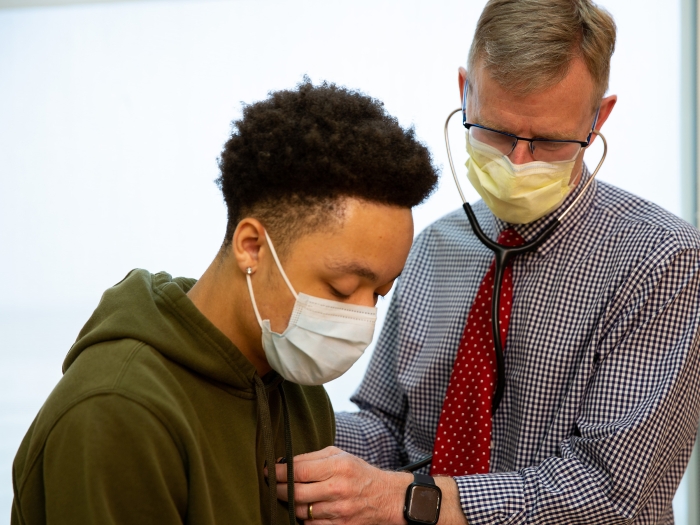
Health Lab
For the first time in more than 20 years, dozens of pediatric cardiologists, surgeons and other health professionals have come together to develop new guidelines intended to improve heart surgery care for this population of children and teens.
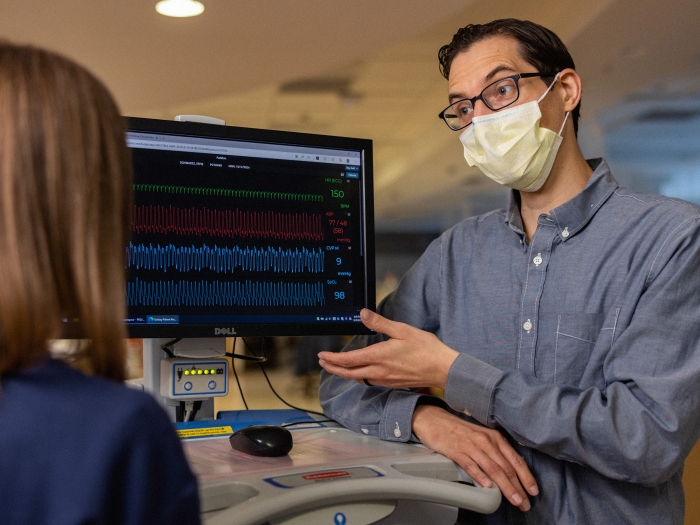
Health Lab
The Mobile Monitoring Transformation Project, supported by the Sickbay Clinical Platform will allow care team members to access data from cardiac monitors and all connected bedside devices on workstations, PCs, phones and tablets. The new web-based technology will transform bedside care and greatly enhance collaboration among care team members. A pilot was run last year, and units in different buildings will begin using the new technology this week, with a larger rollout planned.

Health Lab
New research from U-M shows that adolescents, young adults with advanced heart disease want to take an active role in making medical care decisions alongside their doctors and caregivers. The study sheds light on the importance of including young patients in medical decision-making and the benefits it has on their psychological well-being.

Health Lab
Unique collaboration at Michigan Medicine helps 1-year-old with serious heart condition see a specialist right away and receive immediate treatment.